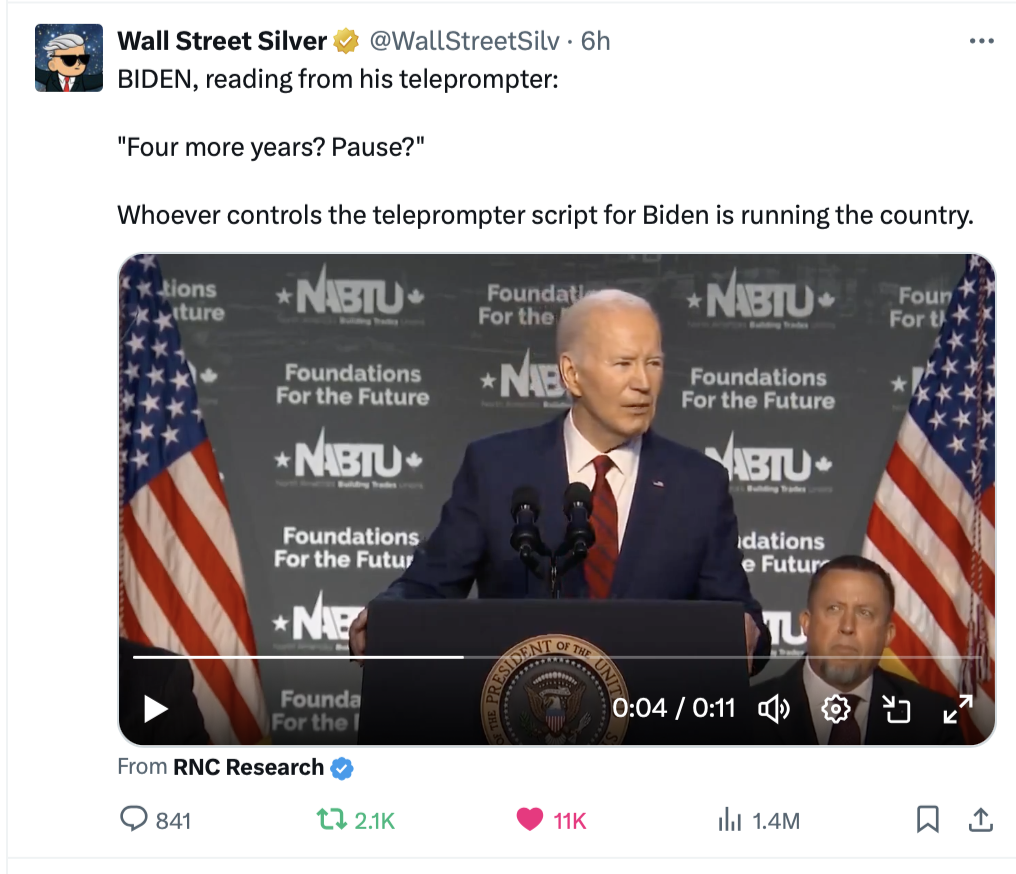Toolkit in Case You are Cancelled
At City Journal, Ilya Shapiro offers this toolkit in case you are cancelled:
As the writer Jonathan Rauch has observed, criticism, or “expressing an argument or opinion with the idea of rationally influencing public opinion through public persuasion,” can be distinguished from canceling, which is “organizing or manipulating a social environment or a media environment with a goal or predictable effect of isolating, deplatforming, or intimidating an ideological opponent.” . . . What follows is a guide for what to do if it happens to you.
The most important task when facing a cancellation campaign is to define your goals. Obviously, you want the mobbing to stop and for things to return to “normal.” But ask yourself what, specifically, that means. Do you want to keep your job? Get the position on the law review that you deserve? Become famous? Deter further publicity? Make money off an unexpected opportunity? Retain your reputation for integrity, intelligence, and friendliness? Your strategy will follow from your ultimate aim.
Locking down your message means articulating a cohesive and consistent response to the charges against you and providing the context that the mob maliciously ignores. Once you know your goals, you can form a plan for achieving them and think through contingencies based on different ways in which the cancellation attempt unfolds. Those aims will also determine the answer to such key questions as, “Should I apologize?” Any strategy needs to adapt as events develop, but an anti-cancellation plan should always maintain a focus on your goals.
Full article at City Journal.




